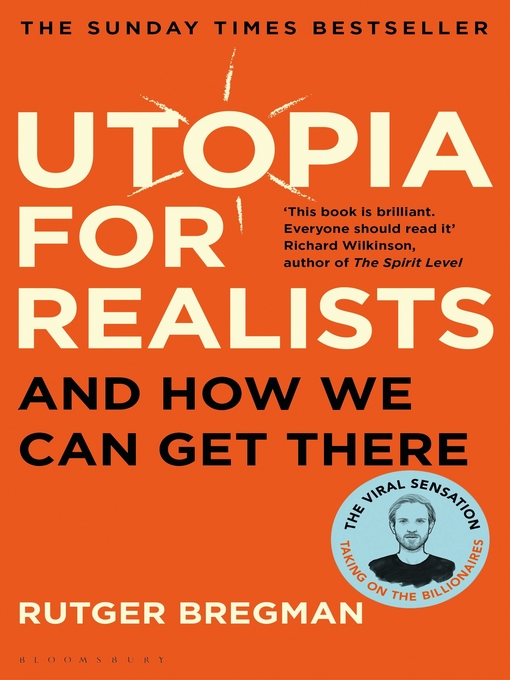- Newly Added eBooks
- Most Popular eBooks
- Try Something Different
- Top Young Adult Novels (to be Read by Everyone)
- No Waiting No Holds eBooks
- New Books!
- See all ebooks collections
- Newly Added Audiobooks
- Most Popular Audiobooks
- Try Something Different
- No waiting No holds audiobooks
- New Audiobooks!
- See all audiobooks collections

